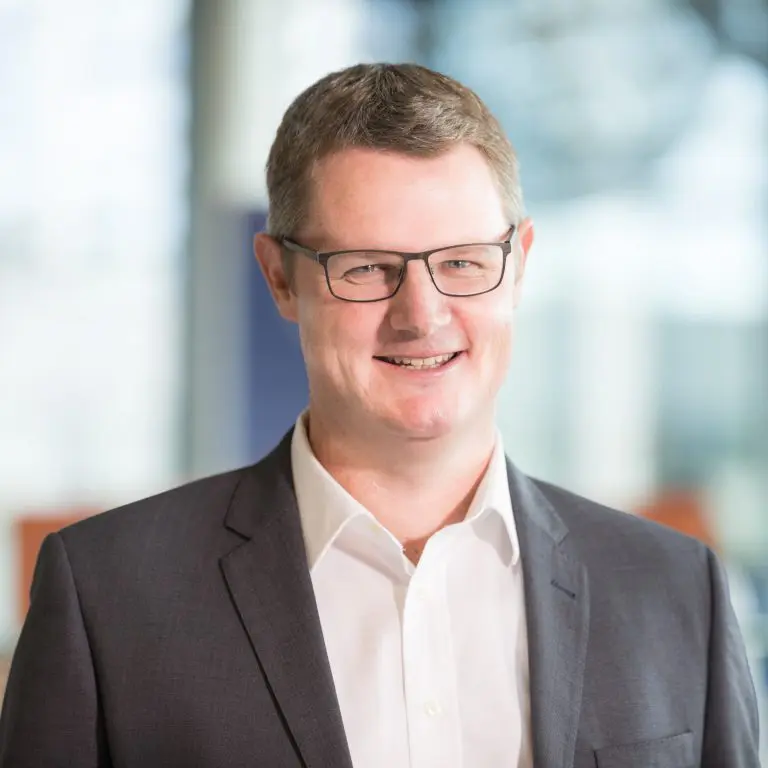In his day job, André Lovatt leads Auckland Airport’s infrastructure development and delivery team, focusing on the implementation of a 30-year vision to build a world-class airport.
He has a background in engineering and over over 20 years’ experience of delivering major infrastructure projects across the Asia Pacific region.
In 2012 André returned to New Zealand take on the role of chief executive of the Arts Centre of Christchurch, leading the restoration of the largest collection of heritage buildings in New Zealand following the 2011 earthquake.
André was awarded a BLAKE Leadership Award in 2015 and has been a BLAKE Trustee since June 2019. He has recently been appointed to the role of Chair, following the retirement of Paul Reynolds.
Q&A:
You’ve worked on some significant (billion-dollar plus) engineering projects throughout your career and around the world. What has been the most challenging project you’ve completed and why?
I’ve been really lucky, I’ve worked on lots of different projects. Some have been really big and high-profile and others have been small enough that nobody, beyond those involved in them, would know about them. That, for me, is the neat thing about engineering. You can get exposed to any manner of things and you have a really good variety of different types of work and people.
For me, returning to Christchurch in 2012 was a key point in my experience. I was Chief Executive of the Arts Centre of Christchurch, rebuilding a city block of heritage buildings following the earthquake. That was really challenging because there wasn’t a recipe book of solutions to follow and success wasn’t a guaranteed outcome. It was presenting some really challenging, technical problems the team had to solve, without a lot of money to do it.
There was also the weight of expectations of the community watching and judging our progress. But over time, day by day, a massive team of people put their heart and soul into it, and we did good work.
So the Arts Centre today has many of those buildings finished. They’re safe, they’re not going to fall down, there’s activity going on in them and the organisation is starting to move beyond the rebuild and post-earthquake phase, and has the platform to become an arts centre again, which was the whole point.
What are you most proud of in your career and why?
I feel pride most strongly when I think about the people I’ve worked with and the people who are able to develop their skills, careers and lives through having worked together. It’s a product of being a bit older and seeing what people who I’ve worked with, or recruited, are doing now, and seeing them satisfied and happy with what they’re doing.
Significant plans for Auckland Airport will have been massively disrupted for Auckland Airport due to Covid-19, particulary on infrastructure and delivery – which happens to be your role. What has been the biggest challenge for you as a leader during this time?
The last year has been very challenging on lots of levels – world, country, community, organisation and family. So every layer of that has been touched. A snapshot of the last year has been about uncertainty. Uncertainty about what the full impact of this will be for us, are we going to have our jobs, can we afford to pay mortgages. That real personal sense of security about our future was, in my team’s case, not there for a substantial portion of the last year.
But also, you realise in an organisation like Auckland Airport, and in a sector like aviation, everyone who we work with is in a similar situation. The biggest challenge that I personally faced was not that sense of uncertainty, it was about having to make a large number of people redundant. I’ve never had that experience, or been in that position before. But I was clear that I wanted it to be a very personal thing, not a process-driven thing. So I went to extraordinary efforts to make sure that I was involved in leading that and leading the conversations with those people and supporting them every step of the way. This meant supporting people into their next jobs and helping with their CVs. Looking back on this, I wouldn’t change anything.
What keeps you motivated during these challenging times?
I think the idea that you can make a difference. Through what you or I do today or tomorrow, we actually do make a difference, and this matters. When you’re in a leadership position you do have to lead. People look for leadership, and so the least you can do in this position is to do things that give people confidence and give people a sense of perspective, and in my case being honest and clear about the situation. I’m committed to that and I’ve seen the benefit of that. I think our organisation is stronger because we’ve got a group of people that are committed to making a difference and making sure that as a team, we’re strong and together.
You were awarded a BLAKE Leadership Award in 2015 and have kept engaged with the organisation since then. What changes have you seen with the organisation over this time?
Lots of things but also not a lot!
Lots of things have changed for me as my relationship with BLAKE has deepened. As you move closer to something you can see the definition of it clearer. For me, the key change has been the clarification of the organisation’s purpose and strategy, and really focussing that around the elements of Sir Peter Blake’s environmental legacy and ambition. And I’ve really enjoyed seeing the organisation work in that space and seeing its programme of activity through that lense.
But the stuff that hasn’t changed is also what I think is one of BLAKE’s strengths: that everyone involved is trying the very best they possibly can to honour Sir Peter’s legacy, to make that relevent today and to ensure that a future generation of New Zealanders benefit from what he did and what he stood for and the things he was working on.
What attracted you to become a Trustee on the Board for BLAKE?
I don’t have a lot of free time to do lots of different things, or spare money to support a list of causes. So if I was going to do something, I wanted to make it count. And so for me, I felt BLAKE was very much something I believed in and something I could make a contribution to. I was very interested in the work of BLAKE and wanted to get involved more and I felt that being a Trustee was a good way to do that.
What opportunities do you see for a non-profit, environmental organisation (like BLAKE) over the next 5 – 10 years?
My own personal belief is there is so much to be done. There is so much noise in the environmental arena generally, and there is so much good work being done, that it’s really important we are clear about the things BLAKE does bettter than anyone else, and is unique.
Through our programmes, the way in which we give young New Zealanders an exposure to the environment is critical; and the way in which we expose teachers to environmental content and experiences is critical. But we also need to reconcile how we do more and how we have greater impact. Part of that for me is recognising that BLAKE has the opportunity to take a stand on a number of things in this space and really influence behaviour of policy-makers, government and broader populations outside our natural audience, and to use this influence around what is right and what is needed.
What do you hope to achieve as Chair of BLAKE for the next three years?
The key thing for me is the strategy reset, which enables the organisation to really flourish and prosper and be ambitious about what it’s targeting. And a key consequence of that is about making BLAKE a really great place for people to work, and providing opportunities for growth and development which all of us want in our day jobs.
In order to do that, the base or foundations of the pyramid need to remain super strong and we need to continue to devleop and broaden our funding opportunities.
So to summarise, it’s a clear refresh strategy, a really strong foundation and increased diversity of funding. I’d like to see it as an organisation that is really strong and proud, and BLAKE is a great place to come and work. And it’s an organisation that is recognised for its thought leadership as much as the programmes and experiences that it offers New Zealanders.


